Teaching is a profession that goes beyond the transmission of knowledge. A teacher not only teaches, but also guides, motivates and accompanies his students in his learning process. In this context, emotional intelligence plays a fundamental role, since it allows to manage stress, improve communication and strengthen the relationship with students.
Emotional intelligence, a concept popularized by Daniel Goleman, refers to the ability to recognize, understand and manage our own emotions, as well as those of others. For teachers, developing this ability not only improves the environment in the classroom, but also contributes to their personal and professional well -being.
In this article, we will explore the best techniques and strategies so that teachers can enhance their emotional intelligence and transform their experience into teaching.
Self -knowledge: the key to improving emotional intelligence
The first step to develop emotional intelligence is Self -knowledge, that is, the ability to recognize our emotions and understand how they influence our behavior.
Strategies to improve self -knowledge:
- Carries an emotional newspaper: Writing how you feel at different times of the day helps you identify emotional patterns and the situations that trigger them.
- Practice self -assessment: Reflect on your classroom reactions and ask yourself why you respond in a certain way to certain stimuli.
- Ask for feedback: Listening to the perception of companions or supervisors can help you identify strengths and areas of improvement in your emotional management.
The more conscious you are of your emotions, the easier it will be to handle them effectively in high pressure situations, such as conflicts with students or administrative demands.
Self -regulation: Learn to manage emotions
The classroom can be a challenging environment. From students with disruptive behaviors to the pressure of fulfilling the curricula, teachers face situations that can generate frustration or stress.
Techniques to improve emotional self -regulation:
- Conscious breathing and mindfulness: Practices such as deep breathing and meditation help to calm the mind and reduce anxiety in times of tension.
- Pause time: Before reacting impulsively to a situation, take a few seconds to analyze it and respond calmly.
- Cognitive restructuring techniques: Change the way you interpret negative events. Instead of saying "this student is challenging me," he tries to think "this student needs more support to manage his behavior."
- Establishment of healthy limits: Do not take work home all the time and define moments of rest is essential to avoid emotional exhaustion.
Teachers who dominate self -regulation can better manage stress situations and respond with greater serenity and efficiency.
Motivation: Maintain the passion for teaching
Motivation is another key component of emotional intelligence. A motivated teacher not only enjoys his work, but also transmits enthusiasm to his students.
Strategies to increase personal motivation:
- Remember your purpose: Reflect on why you chose to be a teacher and what impact you want to generate in your students.
- Promote continuous learning: Participating in formations and update your knowledge helps you maintain interest in your profession.
- Celebrate small achievements: Recognize the advances of your students and value your own growth as a teacher.
- Surround yourself with positive colleagues: Having a support and collaboration environment reinforces motivation and emotional well -being.
When a teacher is motivated, their energy is spread to students, generating a more dynamic and positive learning environment.
Empathy: Understand and connect with students
Empathy is the ability to put on the place of the other and understand their emotions. In the classroom, this ability is essential to build relationships of trust with students and create a safe and respectful environment.
How to develop empathy as a teacher:
- Active listening: Pay genuine attention to what your students say, without interrupting or judging.
- Practice emotional observation: Try to recognize nonverbal signals in students to identify when they can be facing difficulties.
- Validate your emotions: Expressions such as "I understand that this can be difficult for you" help students feel understood and supported.
- Promote open communication: Encourage students to express their thoughts and feelings without fear of being criticized.
When teachers practice empathy, they create an environment where students feel valued, which favors their learning and socio -emotional development.
Social Skills: Build positive relationships in the classroom
Social skills allow teachers to interact effectively with their students, colleagues and families. These include assertive communication, conflict resolution and teamwork.
Techniques to strengthen social skills:
- Assertive communication: Express your ideas and needs in a clear and respectful way, without imposing or giving in to the pressure.
- Conflict management: Learn to solve disagreements constructively, looking for solutions that benefit all parties involved.
- Collaborative work: Participating in teacher networks and sharing experiences can be a great source of learning and support.
- Promotion of a positive climate: Use positive reinforcement and humor to create a pleasant and motivating learning environment.
Teachers who develop good social skills manage to build stronger and more effective relationships inside and outside the classroom.
Conclusion
Emotional intelligence is not only a powerful tool to improve teaching, but also to strengthen teacher's personal well -being. When developing self -knowledge, self -regulation, motivation, empathy and social skills, teachers can face classroom challenges with greater confidence and efficiency.
Emotional intelligence growth is a continuous process, but every small effort in this direction has a significant impact on the quality of teaching and personal satisfaction. Implementing these strategies in daily life can transform teaching experience and, in turn, that of students.
Investing in emotional intelligence not only improves performance in the classroom, but also contributes to building a more human, empathic and effective education. Start today to strengthen your emotional intelligence and see how your way of teaching and living teaching changes!
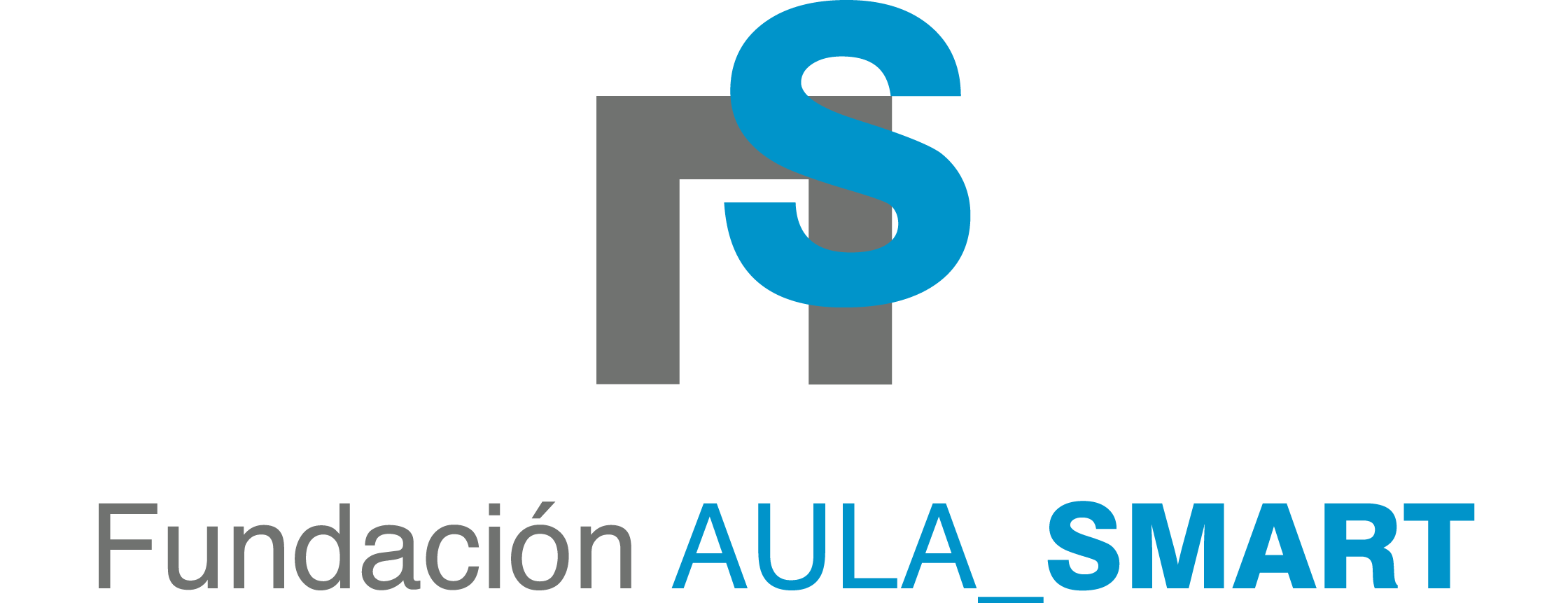








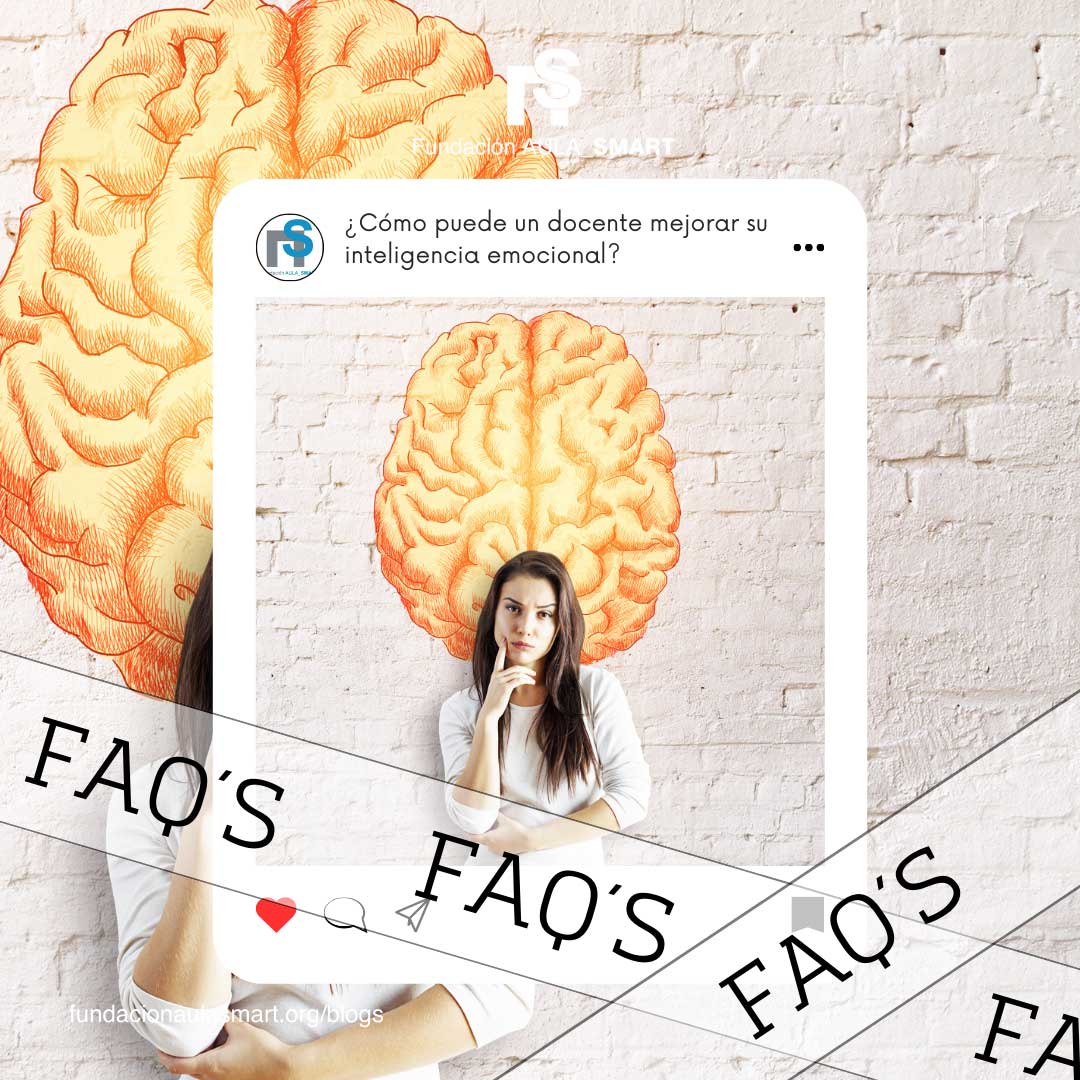
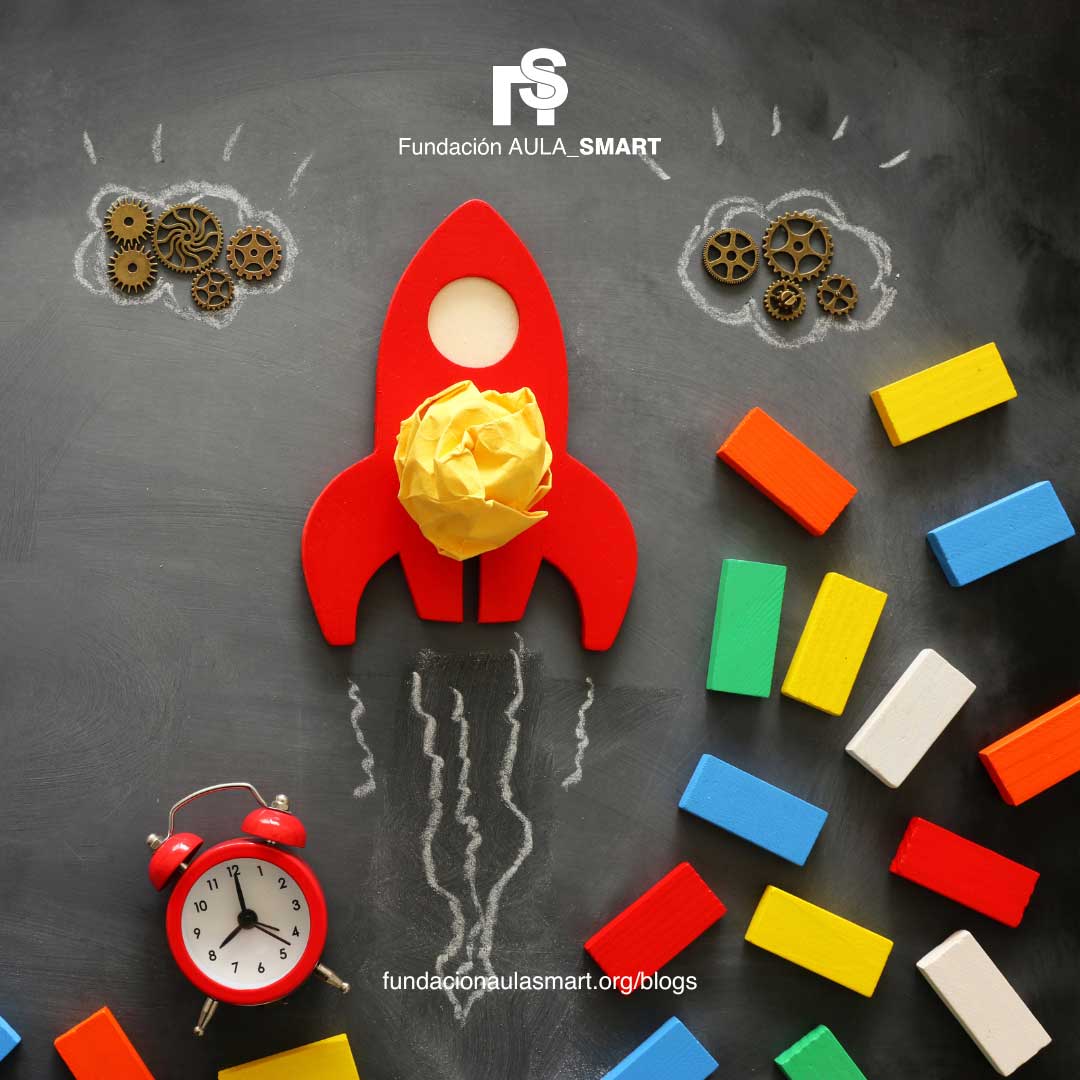
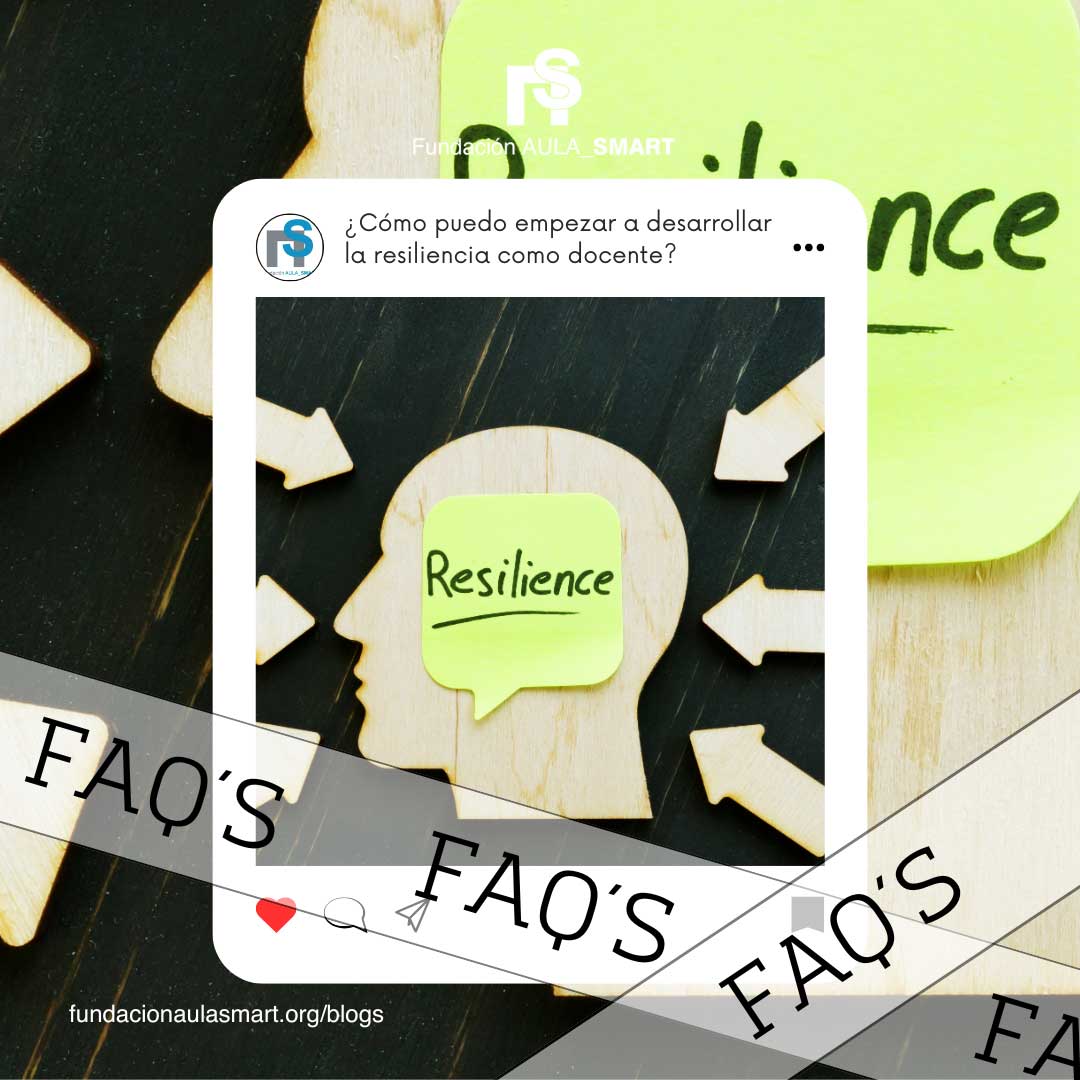
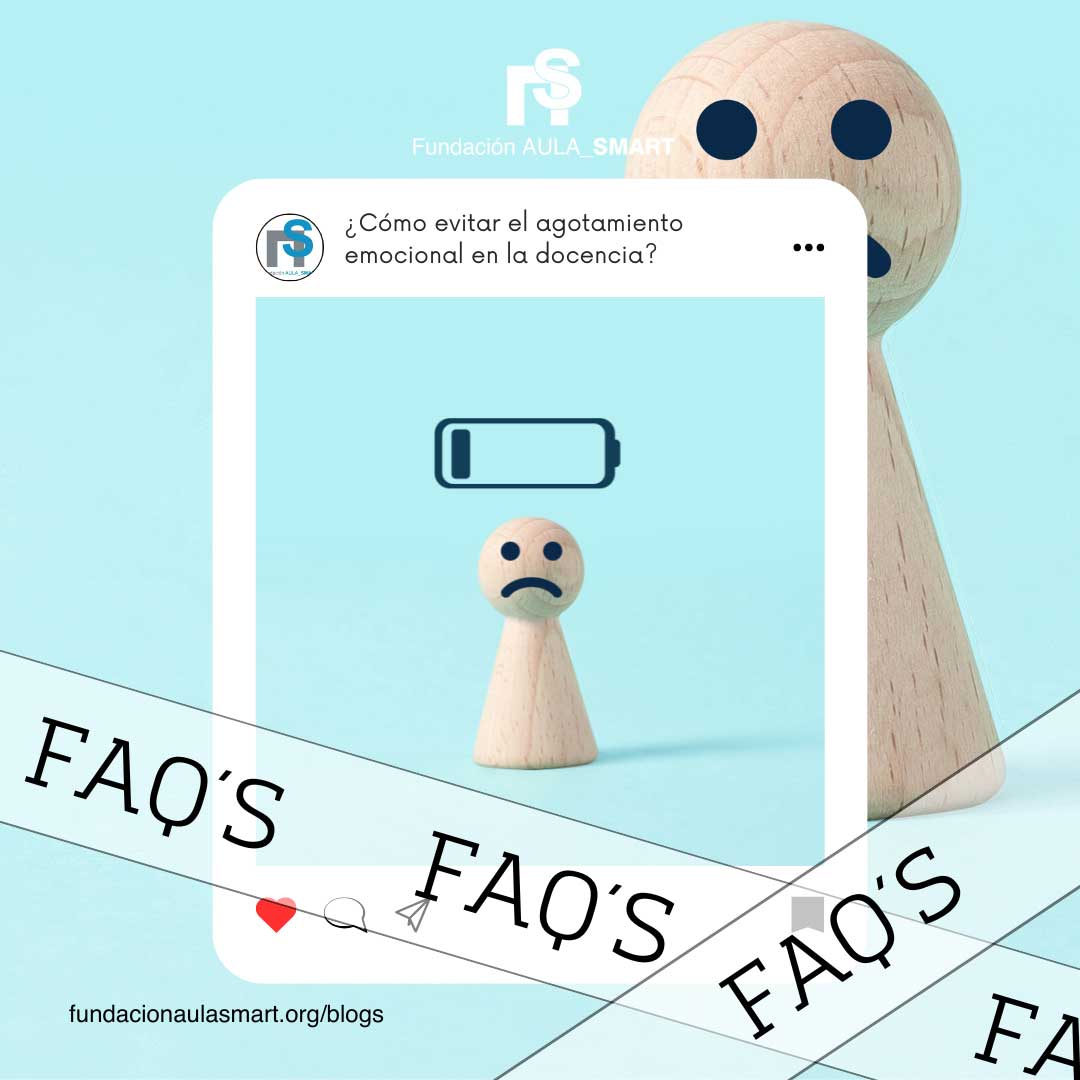





Leave a comment
All comments are moderated before being published.
This site is protected by hCaptcha and the hCaptcha Privacy Policy and Terms of Service apply.